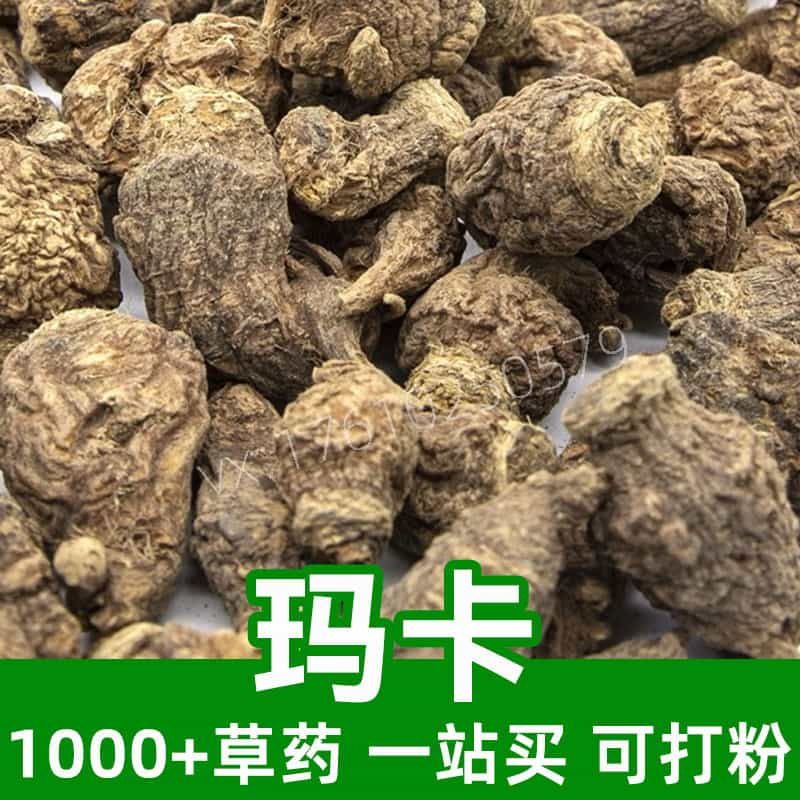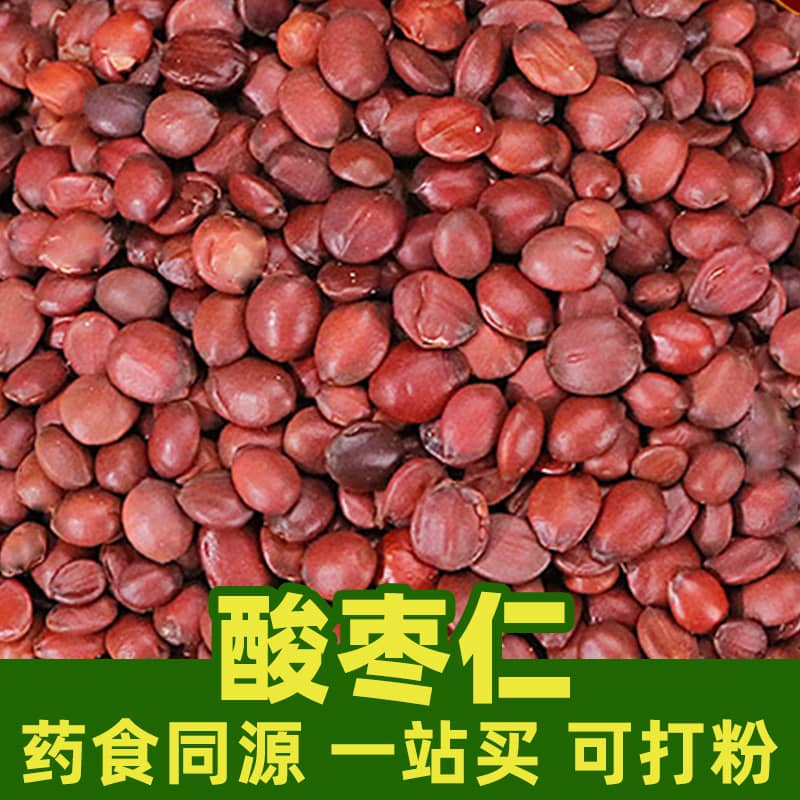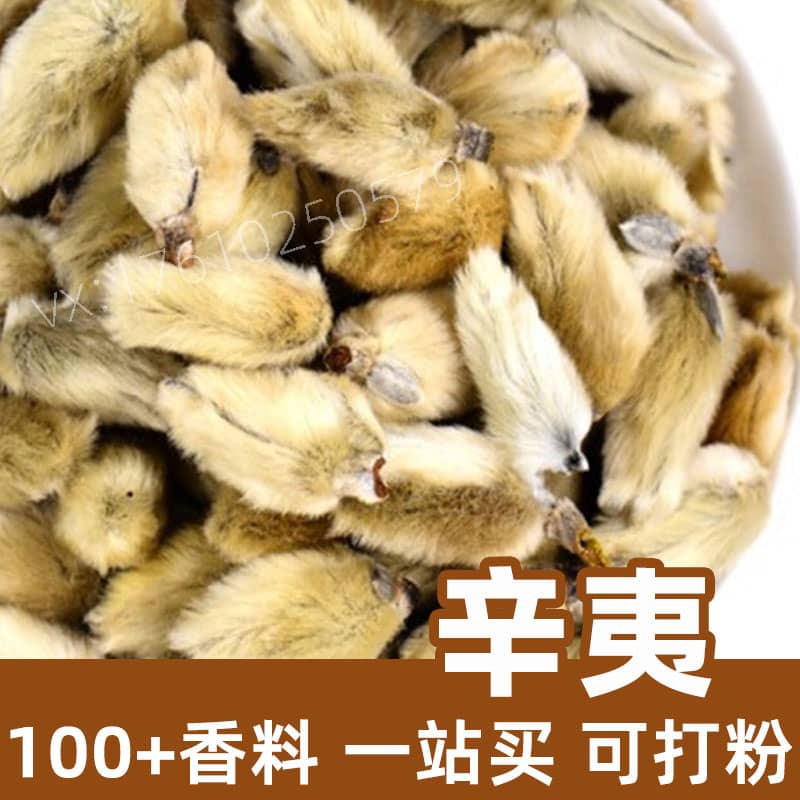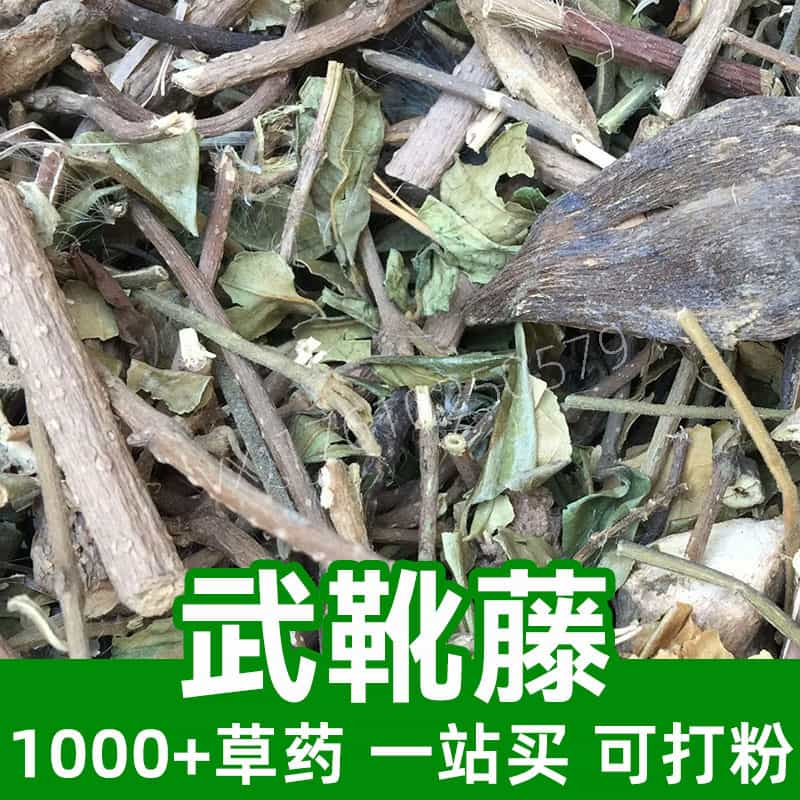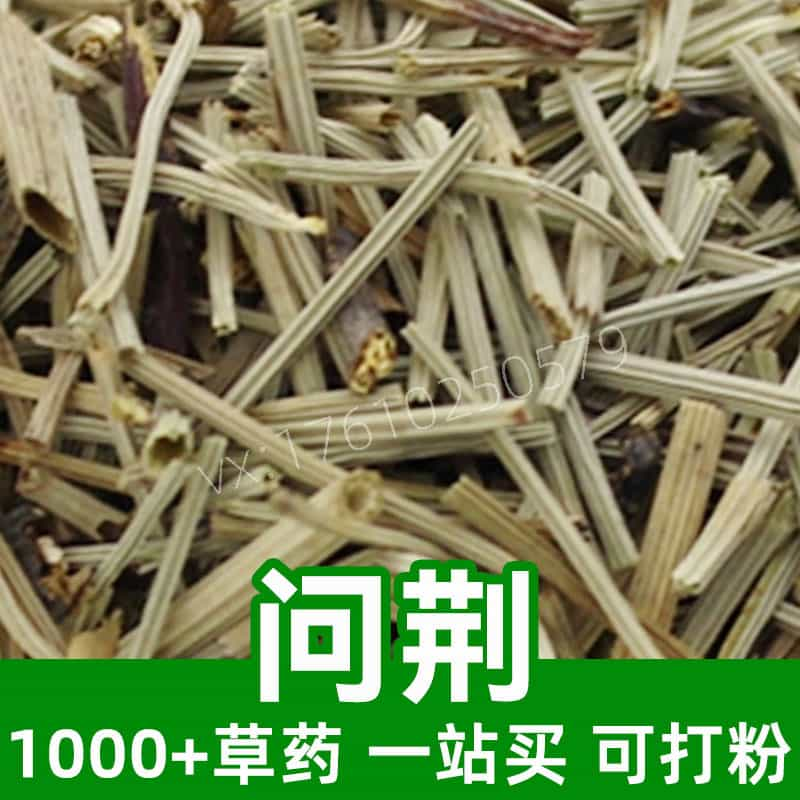Product Introduction
Tongkat Ali, scientifically known as *Eurycoma longifolia*, is a herbal product derived from the root of a small flowering tree native to Southeast Asia, especially Malaysia and Indonesia. Often referred to as “Malaysian Ginseng” due to its long-standing role in traditional remedies, Tongkat Ali has gained recognition in herbal medicine for its unique profile of active compounds. These compounds include quassinoids, alkaloids, and eurycomanone, which contribute to its various effects on the body. Historically, the root of Tongkat Ali has been employed in traditional medicine to support general vitality, enhance energy levels, and improve stamina. In modern health and wellness practices, Tongkat Ali is used as a dietary supplement, particularly for supporting vitality and overall physical resilience. In traditional medicine, Tongkat Ali is often considered a tonic for the liver and kidneys, with a taste profile that reflects its potent nature. This product is available in various forms, including powder and capsules, each suited to different dietary and wellness applications.
Main Active Ingredients
Tongkat Ali’s beneficial effects are attributed to its unique composition of bioactive compounds, which include eurycomanone, quassinoids, alkaloids, and glycosaponins. Each of these compounds plays a specific role in the plant’s effect profile:
- Eurycomanone: This is one of the primary bioactive compounds in Tongkat Ali, known for its ability to interact with various cellular pathways. Eurycomanone has been studied for its supportive effects on energy levels and endurance. It also exhibits a regulatory effect on certain enzymes, contributing to its tonic properties.
- Quassinoids: Tongkat Ali contains a high concentration of quassinoids, which are bitter-tasting compounds responsible for the herb’s characteristic flavor. These compounds are thought to support metabolic processes and contribute to the herb’s energy-boosting properties. Quassinoids are also known for their impact on cellular health and function, making them a valuable component of Tongkat Ali’s profile.
- Alkaloids: The presence of alkaloids in Tongkat Ali further enhances its potential benefits. Alkaloids are organic compounds often associated with various physiological effects in plants. In Tongkat Ali, they are believed to support the herb’s potential for promoting vitality and physical resilience.
- Glycosaponins: These natural compounds are known for their role in cellular health, supporting balanced levels of bodily systems and overall physical resilience. Glycosaponins are believed to aid in supporting a healthy balance in various metabolic processes and contribute to the herb’s adaptogenic qualities.
These compounds, in combination, create a synergistic effect that defines Tongkat Ali’s role in traditional health practices and supports its contemporary use as a dietary supplement for vitality and endurance.
Product Application Scenarios, Usage, and Dosage
Tongkat Ali has a broad spectrum of applications in traditional medicine and modern wellness practices, especially as a supplement for supporting vitality and endurance. In traditional Chinese and Southeast Asian herbal medicine, Tongkat Ali has been used to support general wellness, particularly for people experiencing fatigue or needing physical resilience.
- Application in Traditional Medicine: Tongkat Ali is commonly used in traditional Chinese and Southeast Asian medicine, often brewed as a tea or used in powdered form. It is known for its bitter taste, which is believed to influence its energetic qualities. As a warming tonic, it is often incorporated into multi-herb formulas to support vitality and balance the body's internal energy.
- Modern Dietary Supplement Use: In the health supplement industry, Tongkat Ali is widely available in powder, capsule, and extract forms. Dosages typically range from 200-400 mg per day, depending on concentration, and it is often recommended as part of a regular wellness routine.
- Usage Guidelines: The general recommendation for Tongkat Ali is to start with a lower dose, especially for first-time users, and gradually adjust based on individual response. For powders, it can be mixed with water, juices, or smoothies, although its naturally bitter flavor may require blending with other flavors for better taste.
- Considerations for Long-term Use: While Tongkat Ali is commonly used as a daily supplement, some practitioners recommend cycling the herb (e.g., taking it for 5 days with a 2-day break) to support its continued effectiveness.
Introduction to the Source Plant, Distribution, and Growth Environment
Tongkat Ali, or *Eurycoma longifolia*, is a flowering plant belonging to the Simaroubaceae family, primarily native to the tropical rainforests of Southeast Asia. It is found in countries like Malaysia, Indonesia, Thailand, and the Philippines. This plant thrives in humid, tropical climates and typically grows in the shaded understory of dense forests, where it is protected from direct sunlight. It prefers well-drained soil, often found on sandy or gravelly substrates, which supports its growth and nutrient absorption.
The plant itself is a slow-growing, small tree that can reach a height of up to 10-15 meters. Its long, slender leaves and deep roots allow it to access nutrients from lower soil layers. The roots, which are the main component used in herbal products, take several years to mature and develop the bioactive compounds that make Tongkat Ali effective in traditional medicine. The plant’s natural habitat is threatened by deforestation, which has led to increased cultivation efforts to meet demand sustainably. Cultivation methods that replicate its natural environment, including controlled shade and specific soil conditions, are often employed to optimize the plant’s growth and bioactive compound concentration.
Harvesting, Processing, and Storage
Harvesting Tongkat Ali requires a careful process to preserve the root’s bioactive compounds. The roots are typically harvested from mature plants, often after several years of growth to ensure optimal potency. After collection, the roots undergo a washing process to remove soil and debris, followed by slicing into thin pieces. Drying is a critical step that preserves the root’s beneficial compounds; traditionally, sun drying was used, but controlled drying methods like low-temperature dehydration are preferred today to retain compound integrity.
Once dried, the roots may be ground into powder or further processed into extract form. Tongkat Ali powder is then packaged in airtight containers to prevent moisture and maintain freshness. For optimal storage, Tongkat Ali products should be kept in cool, dry environments away from direct sunlight to prevent degradation of active compounds. Properly stored, Tongkat Ali can retain its potency for an extended period, making it suitable for inclusion in long-term wellness routines.
When using Tongkat Ali, checking for signs of spoilage, such as an off odor or change in color, is recommended to ensure quality and safety.
Monica Sun is a seasoned expert in the natural raw materials industry, with over a decade of experience specializing in traditional Chinese medicinal herbs, spices, and fungi. She is skilled in the sourcing, processing, and application of these materials, emphasizing sustainability and innovation. Monica Sun has contributed to the development of high-quality natural raw materials that serve as essential components in functional foods, pharmaceuticals, and cosmetics, delivering tailored solutions to meet diverse market needs.









